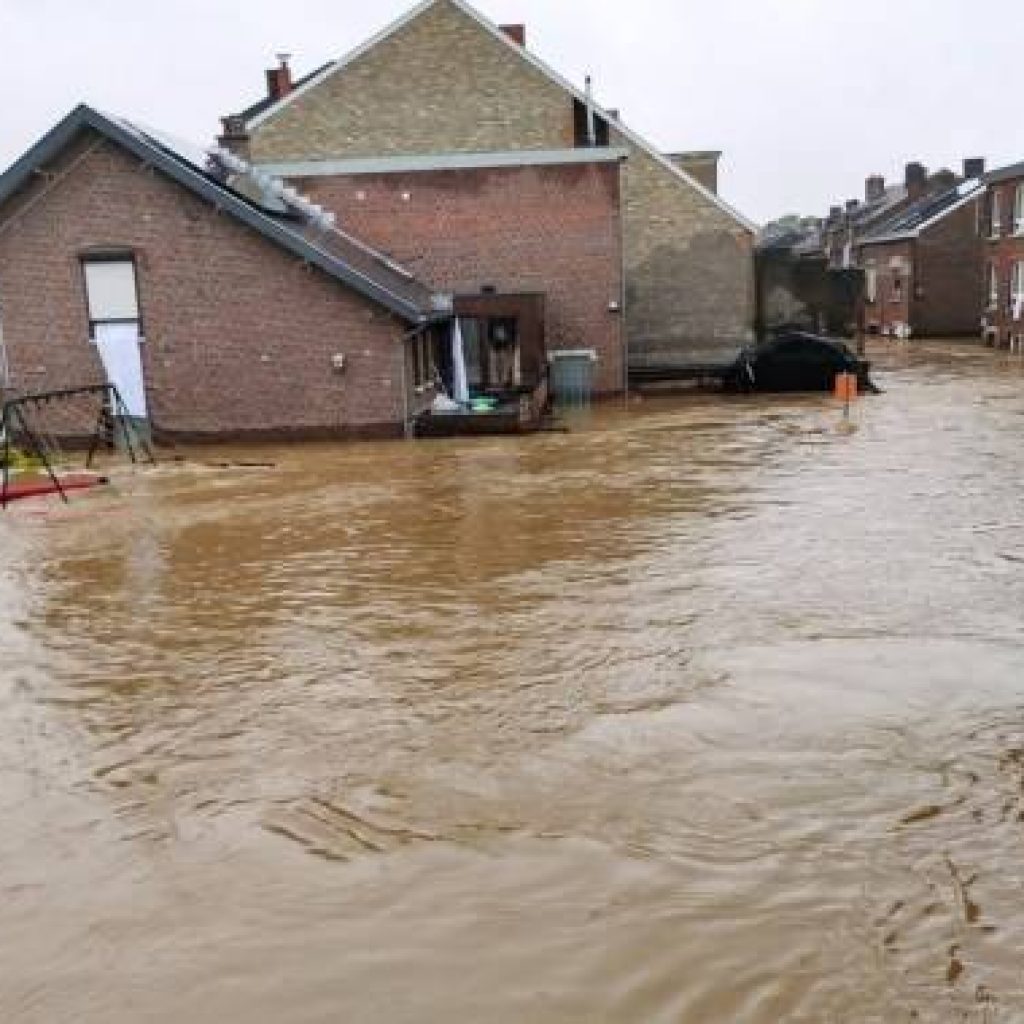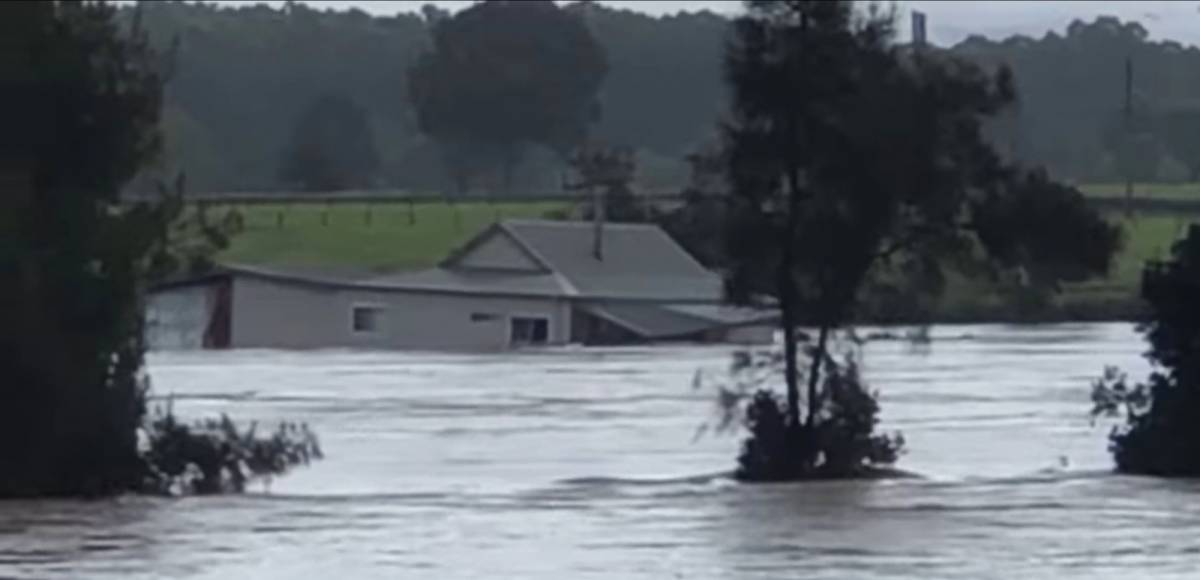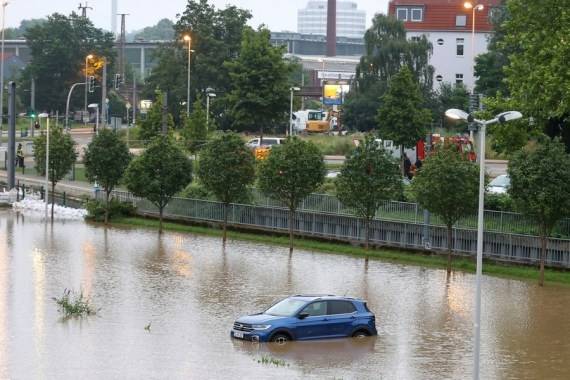The scientists estimate that these slow-moving storms may be 14 times more frequent across land by the end of the century…reports Asian Lite News.
Climate change is driving a large increase in intense, slow-moving storms, a new study has found.
Investigating how climate affects intense rainstorms across Europe, climate experts have shown there will be a significant future increase in the occurrence of slow-moving intense rainstorms.
The scientists estimate that these slow-moving storms may be 14 times more frequent across land by the end of the century. It is these slow-moving storms that have the potential for very high precipitation accumulations, with devastating impacts, as currently seen in Germany and Belgium.
Researchers from the Newcastle University and the UK Met Office Hadley Centre used very detailed climate model simulations and found that slower storm movement acts to increase the amount of rainfall that accumulates locally, increasing the risk of flash floods across Europe beyond what has been expected based on previous studies.
Published in the journal Geophysical Research Letters, the study results show that storms producing intense rain may move slower with climate change, increasing the duration of exposure to these extremes.
“Governments across the world have been too slow in reducing greenhouse gas emissions and global warming continues apace. This study suggests that changes to extreme storms will be significant and cause an increase in the frequency of devastating flooding across Europe. This, alongside the current floods in Europe, is the wake-up call we need to produce improved emergency warning and management systems, as well as implementing climate change safety factors into our infrastructure designs to make them more robust to these severe weather events,” said Hayley Fowler, Professor at Newcastle ‘s School of Engineering.

The study findings are relevant to climate mitigation and adaptation policy in Europe, with specific implications for future flooding impacts, the design of infrastructure systems, and the management of water resources.
Currently, almost stationary intense rainstorms are uncommon in Europe and happen rarely over parts of the Mediterranean Sea. Accurate predictions of future changes in intense rainfall events are key to putting effective adaptation and mitigation plans in place to limit the adverse impacts of climate change.
ALSO READ-Cyclone Seroja Kills 128 in Indonesia









